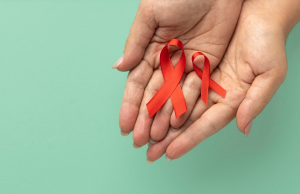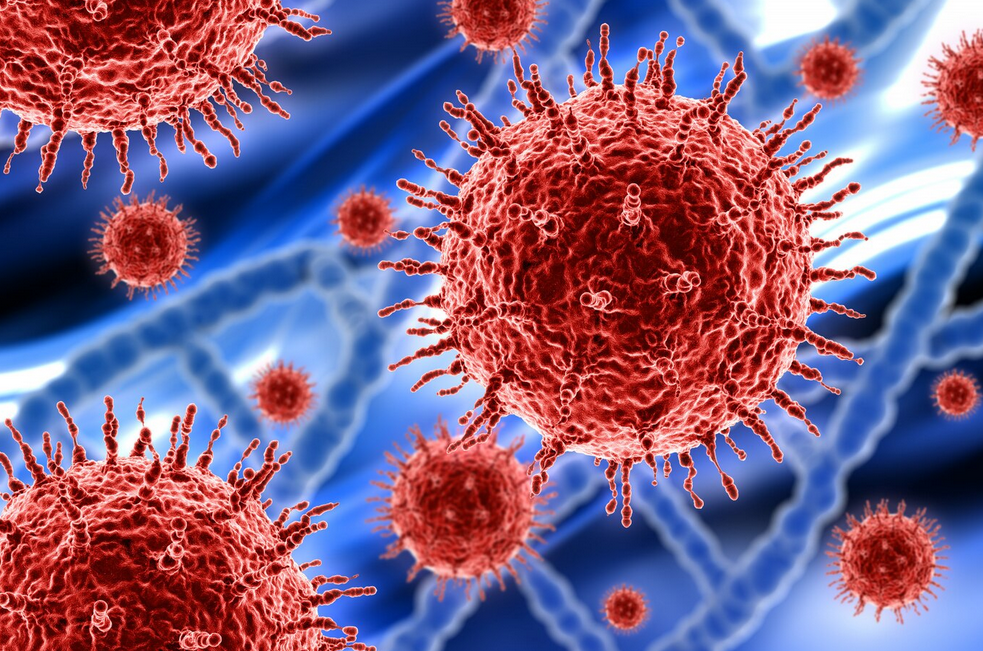Understanding HIV and AIDS is critical not only for those living with the condition but also for society to foster empathy and combat discrimination. Human Immunodeficiency Virus (HIV) affects the immune system and, if left untreated, could lead to Acquired Immunodeficiency Syndrome (AIDS), a more severe, life-threatening stage. Though treatments have evolved, misinformation continues to circulate, creating barriers and stigma.
The importance of debunking these myths about HIV is paramount. By challenging false narratives, we support individuals affected by HIV, enhance public health efforts, and promote a culture of understanding. It’s time to address the fiction and arm ourselves with facts.
As we transition into a deeper exploration of various myths, let’s keep in mind the distinction between outdated notions and what science tells us today.

Common Myths and Misconceptions about HIV
Contents
You might have heard someone say you can catch HIV by touching or hugging someone who’s positive, or maybe by sharing a meal with them. Well, that’s just not true. HIV doesn’t hitch a ride on casual, everyday contacts like skin touches, sweat, or saliva. And forget about catching it from a toilet seat or sharing utensils.
The virus is only passed on through specific bodily fluids like blood, semen, vaginal and anal secretions, and breast milk—and only if these fluids find their way into your system through open wounds, mucous membranes, or directly injected.
There’s a lot of this kind of misinformation out there, and it does more harm than good. It’s super important to keep the real facts circulating to prevent this unnecessary scare. Public education, chat sessions, even media efforts can all make a big difference in updating these out-of-date beliefs and cutting down on the unfair judgment towards those living with HIV.
Taking on these myths isn’t easy. It takes dedication. Sharing real stories from those affected by HIV, alongside clear-cut scientific facts, definitely helps to break down these barriers and create a community led by understanding, not fear.
When HIV first hit the scene, there was a lot of confusion and panic that got ahead of the facts. This early misinformation played a big part in the myths that are still bouncing around today.
And even now, when knowledge is power, misunderstanding about HIV keeps these myths alive. By educating ourselves on what HIV transmission, prevention, and management truly involve, we can start chipping away at these false ideas.

The Impact of Believing in HIV Myths
One of the worst things about these myths is the stigma and discrimination they fuel. Wrong ideas about how the virus spreads can lead to people with HIV being treated unfairly, which might make them afraid to share their status, seek healthcare, or even interact with others.
Although we’ve come a long way in treating HIV, myths and fear can still put up roadblocks. When people fall for incorrect information, they might not get tested or treated—even when these could be life-saving steps. This means that not only are individuals with HIV suffering unnecessarily, but they might also pass the virus on without meaning to.
HIV myths spread like a virus, too, messing with public health work and getting in the way of the important messages about how to avoid HIV and how well current treatments work.

How to Combat HIV Misinformation
To fight misinformation, we need to lean on trustworthy sources and solid info. Organizations like the CDC (Centers for Disease Control and Prevention) and WHO (World Health Organization) are always updating their guidelines and data to bust these myths. Going to them for the latest scoop means you’re getting the real deal—information that’s backed by actual science.
Community events and classes are also awesome for setting the record straight. They give people a space to get the whole story about HIV, which helps to stop the stigma and the spread of misinformation.

The Importance of Accurate Information
Being open to talking about this virus is really important for taking the mystery out of it. Everyone should be able to ask questions and get to the bottom of things. And when we all have the right information, it gives power to people living with HIV and the rest of us, allowing us to make smart choices about our health.
Healthcare pros and the media have a big part to play, too. Doctors and nurses should be chatting with their patients, and the media needs to make sure it’s giving us the accurate picture, whether it’s in the news or on our favorite shows.
Creating a world where truth wins means building a community that supports people with HIV without all the myths and judgment getting in the way.

We’ve gone through a bunch of common HIV myths here and hammered home why real, honest info is so vital. Teaching, empathy, and open communication are what we need to root out stigma and stand by those affected by HIV.

